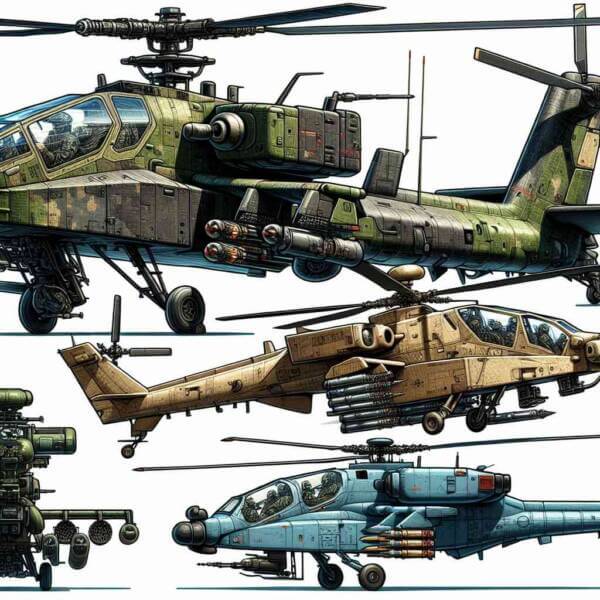Opportunities and Challenges in Military Aviation
Opportunities and Challenges in Military Aviation
Blog Article

Since its beginnings in the early 20th century, military aviation has revolutionized warfare.
Today, military aviation encompasses a wide range of aircraft types, from fighter jets and bombers to surveillance drones and transport planes.
History of Military Aviation
As technology advanced, airplanes were adapted for air-to-air battles, altering battlefield dynamics.
Major milestones in military aviation history include:
- The introduction of fighter planes and bombers
- World War II advancements
- The Cold War era
- Remote operations changing the face of conflict
Each era brought innovative strategies that redefined military capabilities.
Main Categories of Military Aviation
Military aviation includes a variety of aircraft, each designed for different roles.
Common categories of military aircraft are:
- Planes built for speed and agility
- Planes that deliver heavy payloads
- Planes used to move troops and equipment
- Reconnaissance and surveillance drones
Each type plays a key part in military operations, from striking enemy targets.
Importance of Air Superiority
Controlling the skies protects ground operations.
How controlling the air impacts battles:
- Protecting ground forces
- Cutting off enemy resources
- Gathering critical intelligence
- Psychological impact on enemy forces
Nations with strong military aviation capabilities can shape outcomes.
Technological Innovations in Military Aviation
Constant research and development redefine capabilities for future warfare.
Future technologies in military aviation:
- Low-visibility planes
- Missiles and aircraft traveling at speeds greater than Mach 5
- Artificial intelligence-driven missions
- Laser and electromagnetic systems
These advancements expand mission possibilities for air forces worldwide.
Challenges in Military Aviation
Despite technological superiority, military aviation faces complex problems.
Pressing issues in military aviation:
- Rising development and maintenance costs
- Need for constant upgrades
- Securing digital communications and data
- Ethical concerns with autonomous weapons
Addressing these challenges is necessary for effective defense strategies.
Future of Military Aviation
The future of military aviation promises radical innovations.
Future trends may include:
- Greater integration of artificial intelligence
- Military satellites and space-based weapons
- Reducing environmental impacts of defense operations
- Enhanced multinational cooperation
The next era of military aviation will revolutionize how wars are fought.
The Enduring Power of Military Air Forces
Its history, present achievements, and future possibilities showcase technological excellence.
As technology continues to evolve, the skies will remain a frontline visit this website of innovation where military aviation shapes the world order.
The future of military aviation is limitless — and it’s only just beginning. Report this page